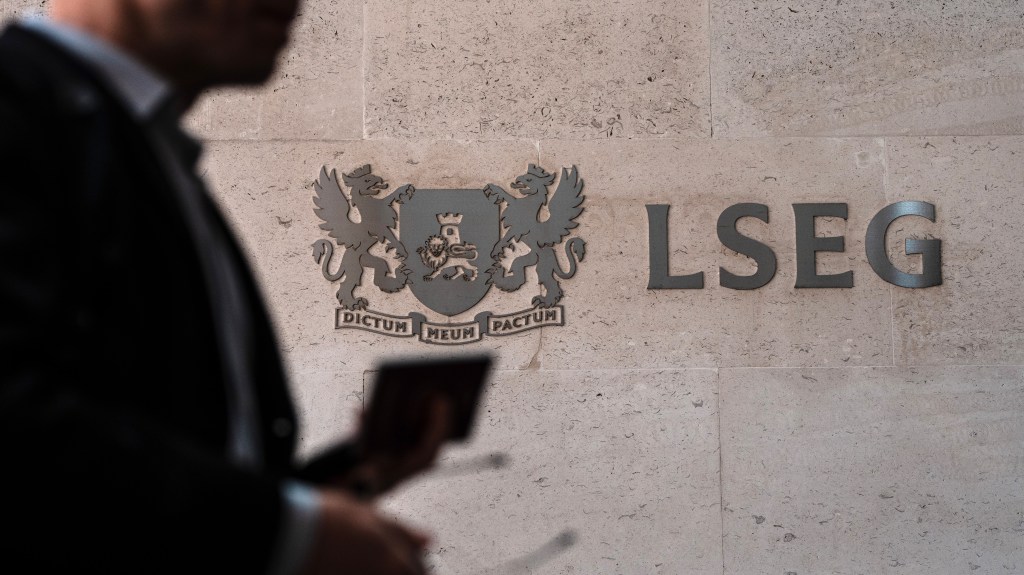London Stock Exchange Thrives Despite Market Volatility
The London Stock Exchange Group (LSEG) has seen substantial gains amid the upheaval in financial markets, with significant increases in trading fees driven by the market fluctuations resulting from President Trump’s erratic policy decisions.
Total income for the first quarter ending in March climbed by 8.7% to £2.26 billion, with certain sectors within the group achieving record-breaking growth as investors sought to capitalize on the volatility across bond, equity, and currency markets while also managing their risks.
The standout performer was the fixed income and derivatives segment of its markets division, which experienced an impressive 23.9% rise in income, reaching £394 million. When accounting for currency fluctuations and acquisitions, this growth adjusted to 17.3%.
David Schwimmer, the chief executive of LSEG, indicated that the surge in trading fees has continued into April. Notably, some of Trump’s most aggressive tariff threats and his critique of Jerome Powell, the chairman of the US Federal Reserve, occurred after the quarter concluded, further unsettling the markets.
“Our markets division experienced strong, widespread growth amidst a backdrop of sustained volatility, which has carried into April, reflecting ongoing uncertainty regarding the financial markets and the broader global economy,” Schwimmer remarked.
In recent years, LSEG has evolved into one of the premier global securities data, indices, and exchanges firms, employing approximately 25,000 people across 60 countries. By market capitalization, it ranks as the eighth largest publicly listed company in the UK, surpassing companies like GSK and BP, with the London Stock Exchange now constituting less than 3% of total revenues.
While the market fluctuations have generally been advantageous for LSEG, certain divisions have felt adverse effects. The equities sector within the markets division registered a modest 3% growth, as robust trading fees were tempered by a lack of new public offerings and subdued primary market activity.
In the fixed income and derivatives sector, Tradeweb, LSEG’s platform for bonds and derivatives, reported an average daily volume of $2.55 trillion for the quarter, marking a 19.1% organic growth and a 33.7% rise when including the recent acquisition of ICD.
Schwimmer noted that all business segments performed admirably, with the largest division, data and analytics, reporting a 5.1% increase in income. The FTSE Russell division, which produces indices for global markets, enjoyed a growth of 9.6%.
“Our strong performance in the first quarter highlights the robustness of our diversified business model,” he commented. “We anticipate further advancements in the upcoming months that align with our financial objectives.”
LSEG reaffirmed its prior guidance for 2025, maintaining expectations for organic income growth in constant currencies between 6.5% and 7.5%. This forecast includes an uptick in data and analytics performance alongside a normalization in Tradeweb’s activity.
As of the end of April, the company had repurchased £245 million of shares as part of a comprehensive buyback initiative totaling £500 million.
During the company’s annual meeting, 30.4% of the voting shareholders expressed opposition to the remuneration report. The exchange stated that it will continue to engage with its investors and will consider any additional feedback thoughtfully.
In afternoon trading, shares fell by 285p, or 2.5%, to stand at £113.40.




Post Comment